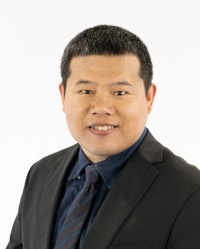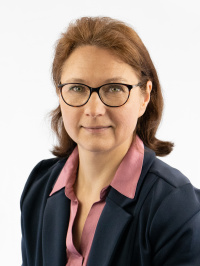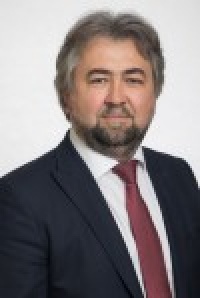ROSCOR
Atmospheric corrosion of metallic materials significantly threatens infrastructure safety and sustainability. Aluminum alloys (AAs) are important light alloys widely used in automobile parts, rail vehicles, and precision instruments. However, the atmospheric corrosion characteristics and mechanisms of AAs remains unclear.
Reactive oxygen species (ROS), such as •OH, O2-•, and H2O2, can be formed from redox reactions or electronic excitation of O2, and they substantially contribute to the oxidation potential of multiphase air pollutants. Aerosol-bound ROS represents potentially a novel metric for air pollution-induced metallic corrosion. ROSCOR project aims at clarifying the effects of aerosol-bound ROS on the corrosion of AA-7075 and zinc to unravel underlying mechanisms in the urban microclimate.
Ambient exposure test will be conducted in Berlin, Germany. Local air quality will be monitored with a mini air quality station. A portable Online Particle-bound ROS Instrument (OPROSI) will be used for ROS quantification. The metallic corrosion of AA-7075 and zinc coupons will be characterized with commercial atmospheric corrosion monitor (ACM) sensors. The corrosion-induced mass loss of coupons will be linked to the ACM data, transferring corrosion current to absolute corrosion rate. The corrosivity of ambient fine PM and laboratory-generated secondary organic aerosols (SOA) will be measured with respirometirc chamber. The oxygen reduction and hydrogen evolution reactions will be monitored to indicate corrosion mechanisms. Machine learning-based models will be used to differentiate the impacts of aerosol-bound ROS and microclimate factors on AA and zinc corrosion kinetics.
Overall, this project will conduct in-depth investigation of atmospheric corrosion in urban microclimates and its association with airborne PM. This will offer a prime opportunity to obtain deep insights into the corrosivity of aerosol-bound ROS at a molecular level, shedding light on atmospheric corrosivity of air pollution and sustainable development.
Contact


Head of Department
Electrochemistry and Big Data Department
Phone: +49 4152 87 2190

Head of Institute
Institute of Surface Science
Phone: +49 4152 87 1988
